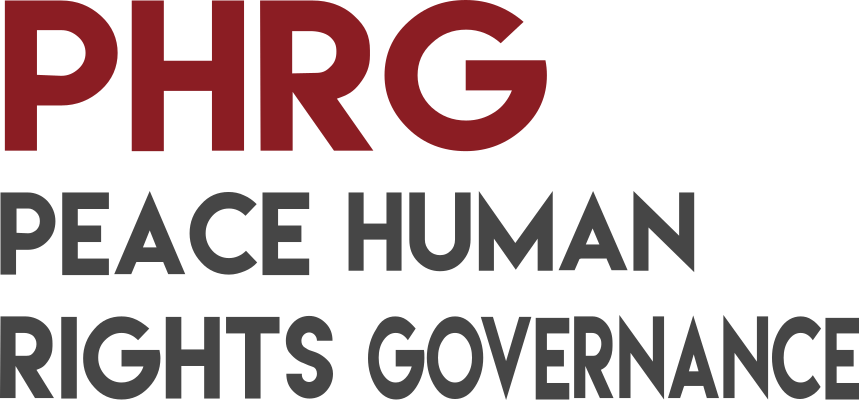Abstract
Gender financial inclusion initiatives, such as facilitating access to financial resources or business opportunities, have recently been promoted as a key strategy to advance women empowerment in post conflict scenarios, especially regarding refugee and internally displaced women. Drawing on literature review, this paper attempts to provide an analysis of the potential role of microfinance as a means for empowerment of internally displaced women in Colombia. It argues that without challenging the structural conditions that create poverty and discrimination against women, usually deepened during transition processes, these initiatives will be tackling the symptoms rather than the underlying causes of gender inequalities, thus missing out their transformative potential and simply providing tools for women to better manage their poverty. Instead, engaging other members of the household and the community (men and children), the recognition of the socio-cultural dynamics in which women live and the acknowledgment of women’s agency, may strengthen any effort of empowering women through financial inclusion during the post-conflict phase. As a result of this analysis a set of recommendations will be provided with the purpose of promoting virtuous cycles of female economic empowerment in the Colombian post-conflict scenario through transforming microfinance initiatives.
Keywords
Download
Duarte Reyes L. A., Fattori G. (2019) "Microfinance as a Means for Women Empowerment in the Colombian Post Conflict Scenario: Transformational Development or a Tool for Better Managing Poverty?
", Peace Human Rights Governance, 3(1), 127-161. DOI: 10.14658/PUPJ-PHRG-2019-1-5
Year of Publication
2019
Journal
Peace Human Rights Governance
Volume
3
Issue Number
1
Start Page
127
Last Page
161
Date Published
03/2019
ISSN Number
2532-3474
Serial Article Number
5
DOI
10.14658/PUPJ-PHRG-2019-1-5
Section
Policy Papers

 © 2026 Padova University Press - Università degli Studi di Padova
© 2026 Padova University Press - Università degli Studi di Padova